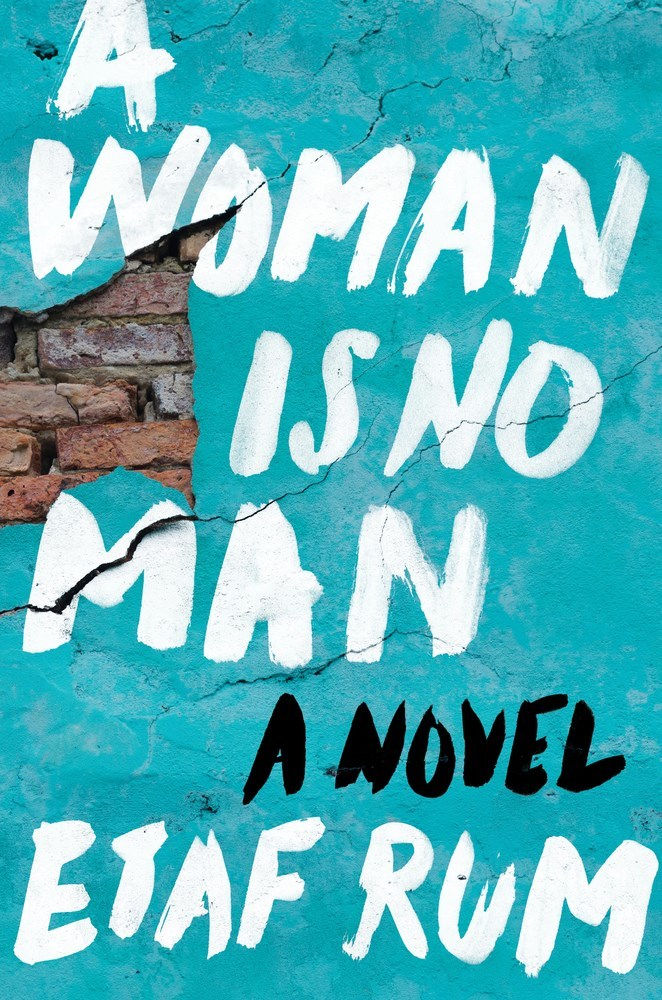A Woman Is No Man
- Angela Roloson
- Mar 14, 2024
- 2 min read

This debut novel by a Palestinian-American voice takes us inside the lives of a conservative Arab family living in America. In Brooklyn, eighteen-year-old Deya is starting to meet with suitors. Though she doesn’t want to get married, her grandparents give her no choice. History is repeating itself: Deya’s mother, Isra, also had no choice when she left Palestine as a teenager to marry Adam. Though Deya was raised to believe her parents died in a car accident, a secret note from a mysterious, yet familiar-looking woman makes Deya question everything she was told about her past. As the narrative alternates between the lives of Deya and Isra, she begins to understand the dark, complex secrets behind her community.
Genre
Cultural Heritage Fiction
Contemporary Fiction
339 pages, Hardcover
First published March 5, 2019
Literary Awards
Nominated for two Goodreads Choice Awards:
~ Best Fiction (2019)
~ Best Debut Novel (2019)
My Thoughts
I, like most of the women I know, have struggled with shame on some level. That, on the surface, is what made the female characters in the novel relatable for me. Etaf Rum's semi-autobiographical novel challenged me to consider cultural factors in addition to other factors. The novel is an exploration of the danger of silence and how history, culture, fear and trauma can render conservative Arab-American women invisible. In the novel, Fareeda smears foundation over the bruises on her daughter-in-law’s face, layer after silencing layer. “There are things in this life no one should see,” she tells the young woman her son has beaten. “When I was your age, I never let anyone see my shame.” Silence feeds shame until we discover that no one can love us until we love and value ourselves.
In an interview with NPR, Rum said, " I would say, 'Well how come I can't do so-and-so? Why can't I do what a man can do?' And [my grandmother would] say, 'Because. You can't do this because you're not a man.' And the further I began thinking and writing about this, and the more I realized that women are also no equal to men in that they are responsible for so many things — maintaining family relationships, making sure that they are enlightening their children and instilling them with values — and so, they are actually more resilient and stronger than men. And so I wanted to take that title and make sure that it's seen in both ways: In the oppressive, limiting way that we use, but also in the ways to make sure that women understand their resiliency and their strength."
This book sheds light on the Palestinian culture and the complexity of navigating that in America as first and second generation Palestinian-Americans. It also explores how shame keeps women silent and how that results in generational trauma. The book is relatable regardless of culture to anyone who has had any relationship with generational trauma and to those who do not yet realize the impact that generational trauma may have had in their family.






Comments